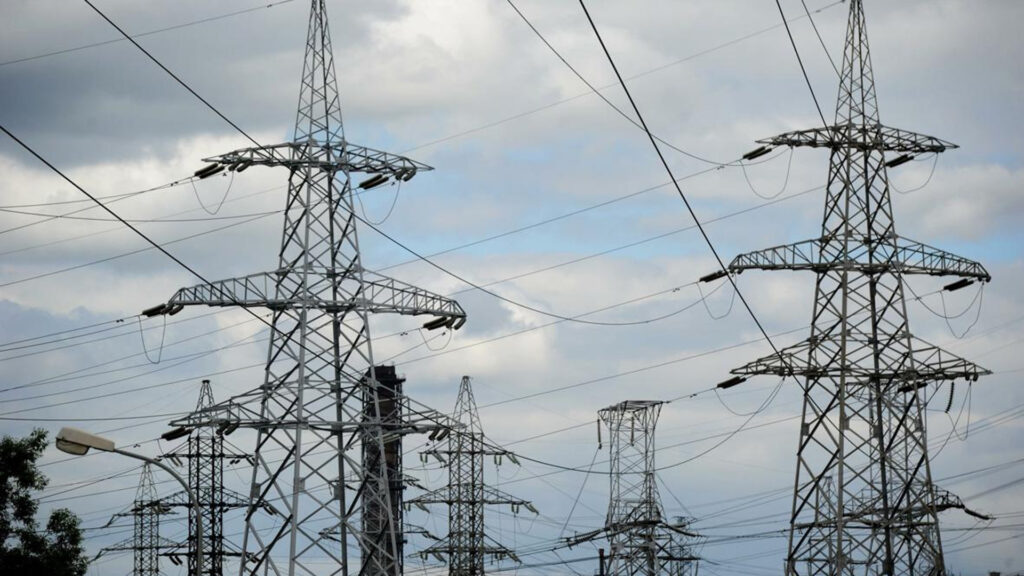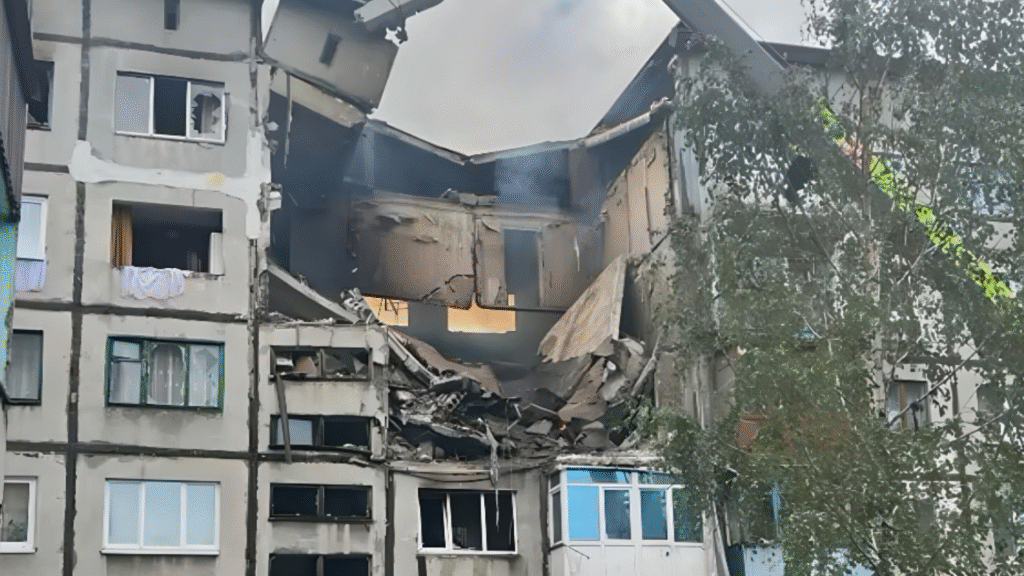The morning of July 4 brought a wave of disruption across the Czech Republic, as a widespread power outage left large parts of the country without electricity. According to the national fire and rescue service, the blackout affected Prague as well as regions in Central, Northern, and Eastern parts of the country. In the capital, neighborhoods such as Vršovice, Vinohrady, Krč, Chodov, and Žižkov were plunged into darkness—traffic lights stopped working, public transportation came to a halt, and payment terminals, ATMs, and emergency alert systems became inoperable.
Beyond Prague, cities like Pardubice, Kolín, Ústí nad Labem, and Mladá Boleslav also reported widespread outages. People found themselves trapped in elevators, emergency services struggled to operate, and hospitals faced complications due to disrupted power supply. In a country known for its stable infrastructure, such a sudden and far-reaching failure raised urgent questions.
The national energy operator ČEPS initially cited a technical malfunction at a major substation in Chodov as the cause. However, speculation quickly began to circulate about the possibility of sabotage. While no official confirmation has been made, even the suggestion of deliberate interference has heightened concerns—especially given recent attention to cyber threats and growing global tensions around critical infrastructure.
This energy collapse not only exposed vulnerabilities in systems often considered secure, but also highlighted society’s deep reliance on uninterrupted electricity. Within hours, city logistics, road safety, and health services were severely impacted. The event underscores a broader truth: infrastructure resilience is not just a technical issue—it’s a matter of public safety.
Experts consulted by various local and international media outlets urge caution in drawing conclusions, but note a number of troubling patterns. Among them is the timing of the incident, which follows a series of other energy-related failures in Europe, and increased scrutiny of similar facilities amid a shifting global landscape.
Local authorities have asked residents to remain calm and prepare for continued disruptions. Utility crews are working around the clock, and ČEPS repair teams are actively trying to restore the damaged substation. In a climate where the stability of power grids is becoming a national security concern, this incident may mark a turning point in how critical infrastructure is safeguarded.
Regardless of the root cause—technical error, negligence, or intentional sabotage—the consequences of this blackout will have a lasting impact. It may also prompt a much-needed conversation about how truly secure even the most advanced and “reliable” systems really are.



